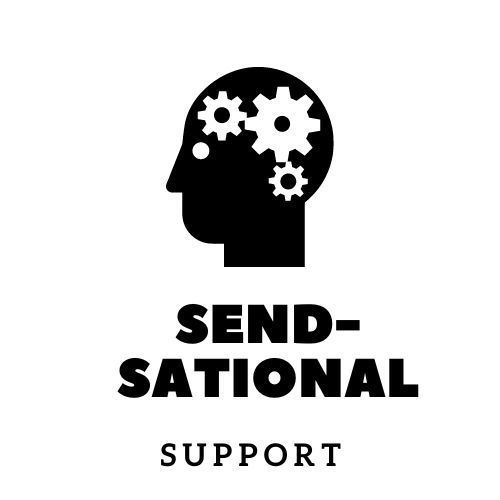Developing a Confident Early Years Team
Providing Consistent Experiences and In-Depth Curriculum Knowledge

In an early years setting, a confident and knowledgeable team is the key to delivering a consistent and enriching experience for children.
When the team possesses in-depth knowledge of the curriculum offer, they can effectively plan, implement, and evaluate learning experiences that meet the unique needs of each child.
In this blog post, we will explore the importance of developing a confident early years team that offers a consistent experience and possesses a deep understanding of the curriculum, fostering optimal growth and development for young children.
Invest in Continuous Professional Development
Continual learning and professional development are crucial for enhancing the confidence and expertise of your early years team. Provide opportunities for staff to attend relevant training sessions, conferences, and workshops that focus on early childhood development, pedagogy, and the specific curriculum you offer. Encourage team members to pursue further qualifications or certifications to deepen their knowledge and refine their skills. By investing in professional development, you empower your team to deliver a high-quality, consistent experience for children.
Foster a Culture of Collaboration and Shared Learning
Encourage your team to collaborate, share ideas, and learn from one another. Create a supportive and open environment where team members feel comfortable seeking guidance and feedback from their peers. Regular team meetings, brainstorming sessions, and reflective practices can facilitate this collaborative culture. When your team feels supported and valued, they will develop a greater sense of confidence in their abilities and contribute to a consistent curriculum experience.
Provide Comprehensive Curriculum Training
Ensure that your team has a deep understanding of the curriculum you offer. Conduct comprehensive training sessions that cover the core principles, goals, and learning outcomes of the curriculum. Equip your team with the necessary resources and materials to effectively implement the curriculum, including lesson plans, activity ideas, and assessment strategies. By providing in-depth curriculum training, you empower your team to deliver a consistent and cohesive learning experience that aligns with the objectives of your program.
Encourage Reflective Practice
Reflection is a powerful tool for professional growth and development. Encourage your team to engage in regular self-reflection and self-evaluation to identify areas of strength and areas for improvement. This reflective practice allows team members to continuously refine their teaching strategies, adapt to individual children's needs, and enhance the overall consistency of the curriculum experience. Provide opportunities for feedback and support, such as peer observations or mentorship programs, to facilitate this reflective process.
Establish Clear Communication Channels
Open and effective communication is vital for developing a confident and cohesive team. Ensure that your team has access to clear channels of communication, both within the team and with management. Regularly share information, updates, and expectations regarding the curriculum and its implementation. Encourage feedback from team members, valuing their insights and suggestions for improvement. Transparent communication fosters trust, encourages a shared vision, and ensures everyone is working towards the same goals.
Consistent Experiences for Children
Developing a confident early years team with in-depth knowledge of the curriculum offer is instrumental in providing consistent experiences for children. By investing in continuous professional development, fostering collaboration, providing comprehensive curriculum training, encouraging reflective practice, and establishing clear communication channels, you create an environment that supports your team's growth and expertise. A confident team that possesses a deep understanding of the curriculum will effectively deliver engaging and meaningful learning experiences, setting the stage for optimal growth and development in the early years.










